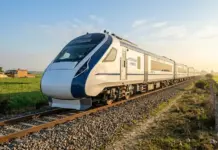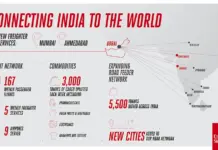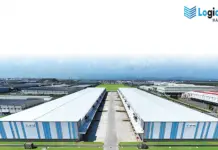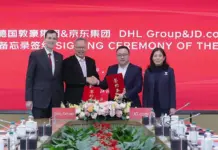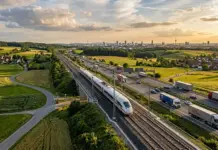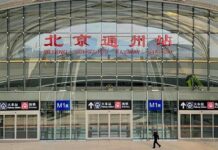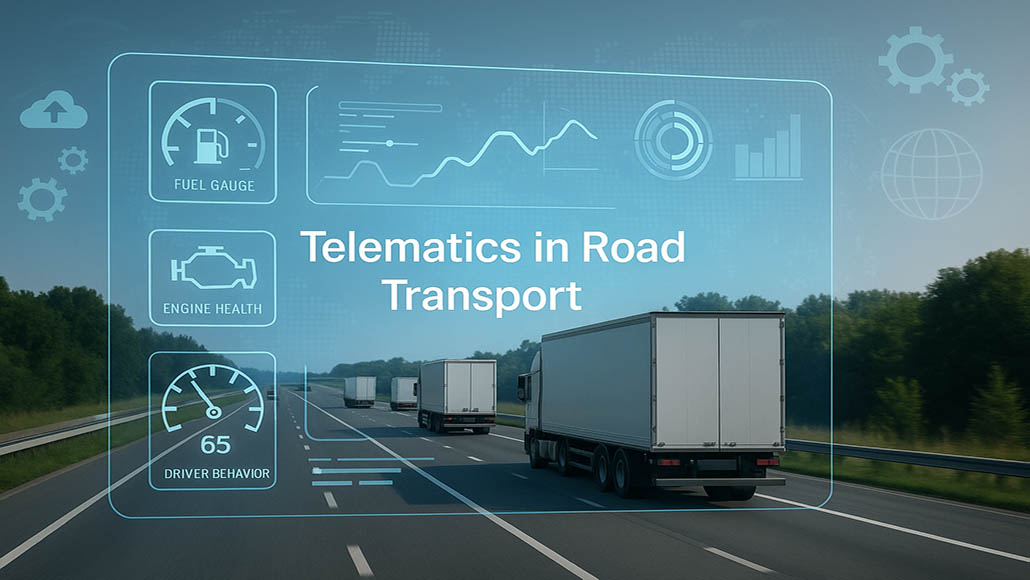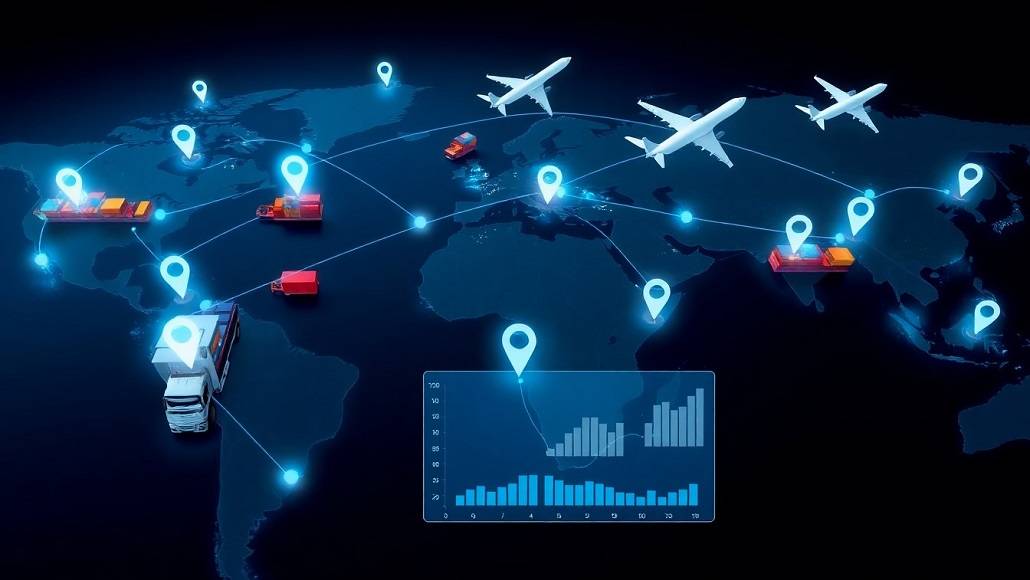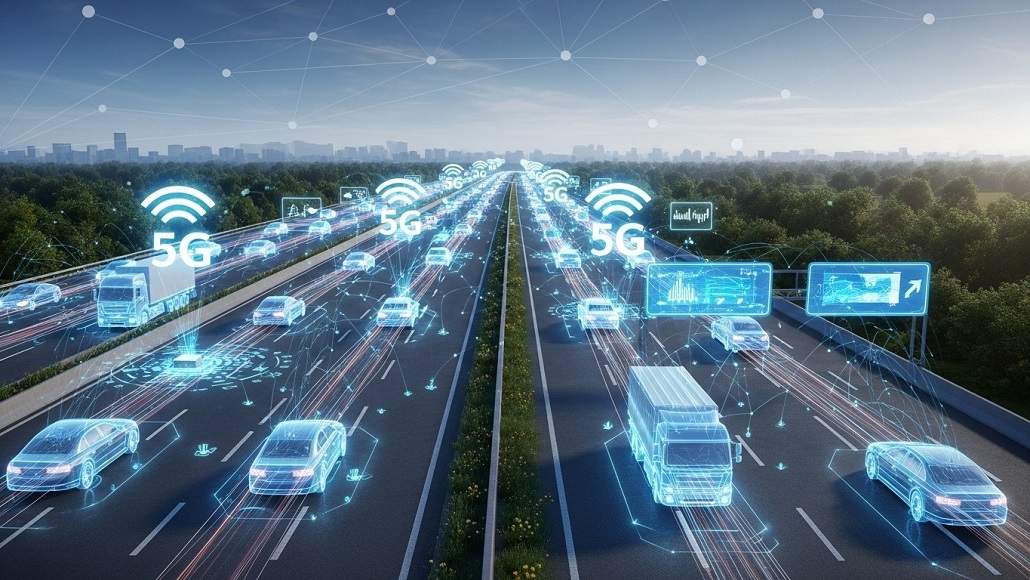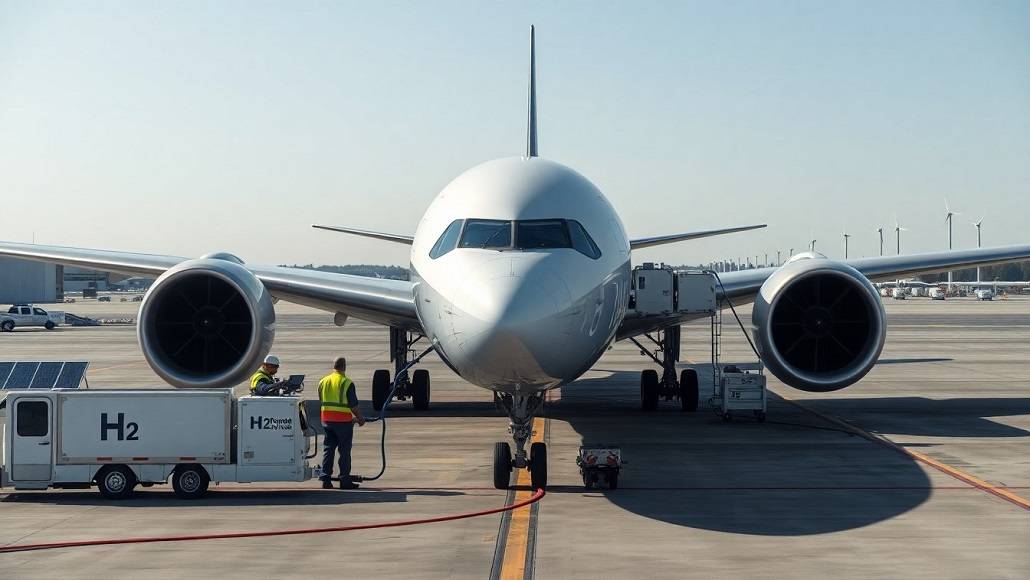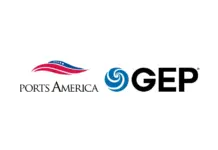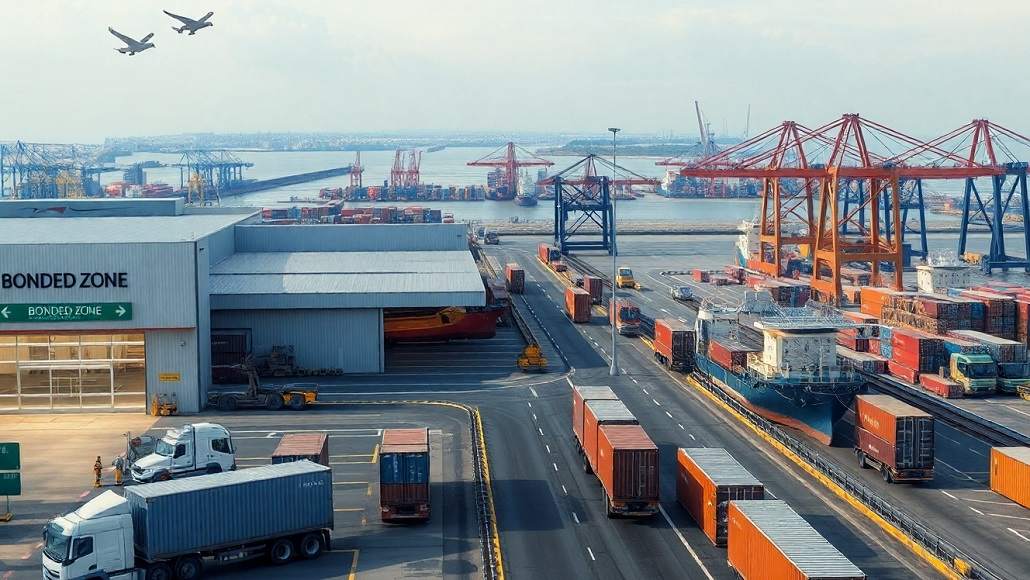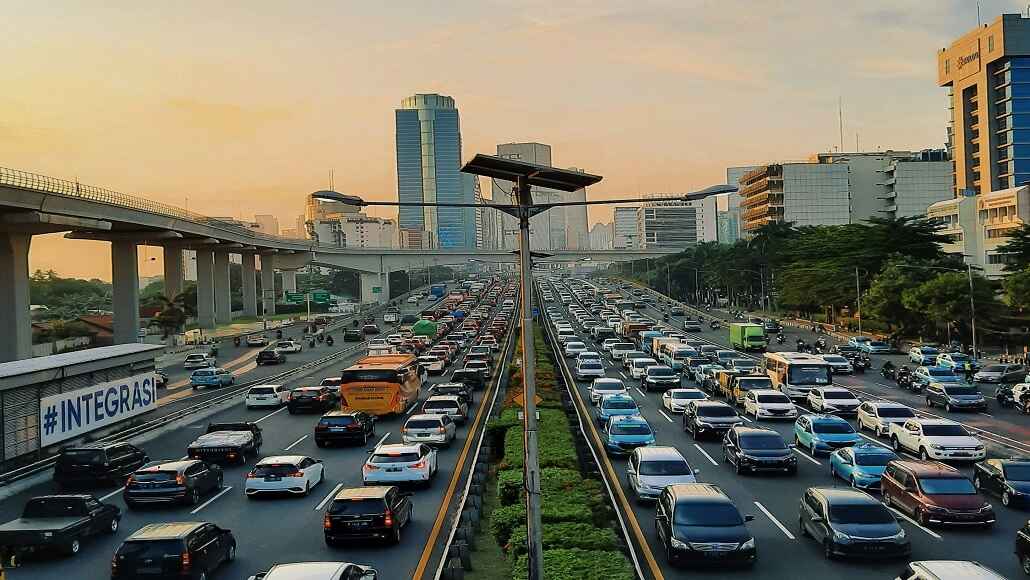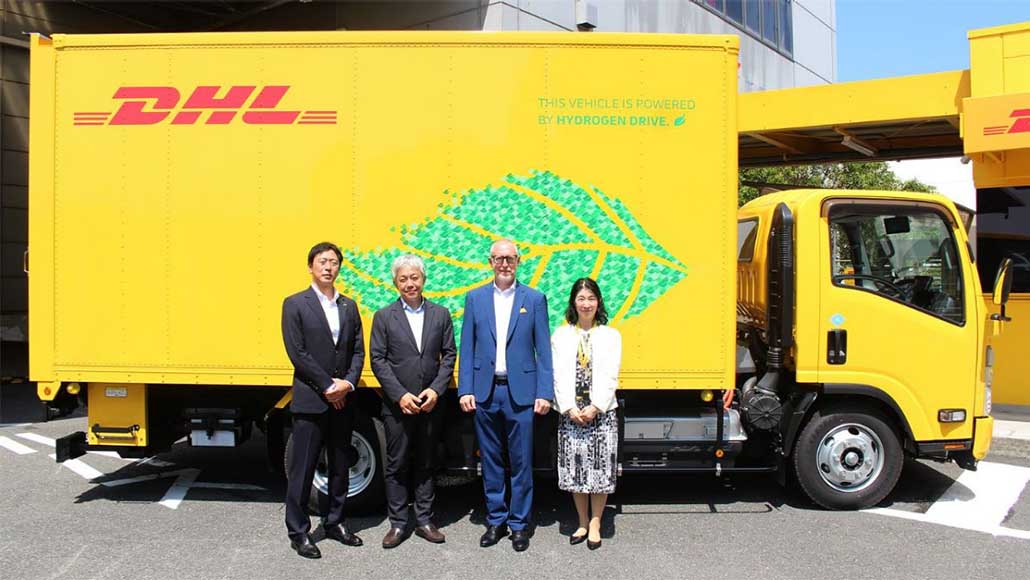DHL Supply Chain, which happens to be the global logistics leader, is launching a pilot program by way of using fuel cell trucks – FC trucks that are powered by hydrogen—thereby forcing its commitment to more sustainable transportation across Japan. As part of a government-supported project that is aimed at attaining a decarbonized society, DHL Supply Chain Japan is going to participate as one of the partner companies, thereby testing the feasibility as well as environmental benefits in terms of hydrogen-powered FC trucks in Japan. Through introducing these next-generation vehicles, DHL Supply Chain Japan looks forward to significantly reducing the environmental effect of logistics operations.
The president and representative director, CEO for Japan and Korea at DHL Supply Chain, Jerome Gillet, said that they are really proud of becoming the first country across Asia Pacific at DHL Supply Chain to go ahead and introduce hydrogen-powered FC trucks in Japan. This pilot syncs directly with the DHL group’s aspiration when it comes to green logistics of choice by taking up a frontrunner role in rolling out low- and zero-carbon transport solutions. He added that by the end of this decade, 30% of their air, road, and maritime transport is aimed to run on sustainable fuels. In combination with certain other projects, such as rolling out electric trucks across some service parts logistics operations as well as their renewable energy partnership with Sagamihara Logistics Center, they are looking forward to taking certain tangible steps towards attaining more sustainable logistics in order to meet the anticipation of their customers, partners, as well as society at large.
It is well to be noted that the FC trucks happen to run on electricity generated from a chemical reaction, which takes place between hydrogen that’s stored in high-pressure tanks as well as atmospheric oxygen, which is present in the fuel cell. With a driving range of almost 260 km, these vehicles go on to offer environmental performance along with practical utility when it comes to commercial usage.
Apparently, the pilot phase is all set to commence with transportation between multiple operations of the Japanese IT service provider Fujitsu Limited. There would be more FC trucks, which will be introduced later in 2025, thereby expanding the scope of the trial in order to meet the requirements of other DHL supply chain customers based out of Japan.
The EVP and CSSO from Fujitsu Limited, Takashi Yamanishi, said that they are indeed committed to attaining net zero greenhouse gas emissions throughout their value chain by 2040, which is a part of their long-term environmental strategy, which is apparently the climate and energy vision of Fujitsu.
He added that they are indeed pleased to discover the potential of hydrogen power transportation as a novel energy solution by way of their collaboration with DHL Supply Chain Japan. They will continue to speed up as well as contribute to the development of environmentally friendly supply chains.
It is well to be noted that new energy happens to be a key growth sector under the DHL Group Strategy 2030, which is accelerating sustainable growth. The group happens to be developing end-to-end logistics solutions when it comes to 8 segments, namely electric vehicles (EVs) and batteries, battery and energy storage systems, EV charging, wind, solar, alternative fuel, and hydrogen.
DHL Supply Chain Japan’s ESG and sustainability head, Sachiko Kokue, said that the introduction, when it comes to hydrogen trucks, happens to be a very significant breakthrough towards attaining decarbonization within the transportation sector. This pilot has been made possible due to the support of Sumitomo Mitsui Banking Corporation, which has helped in facilitating their involvement within the initiative that has been led by the Japanese government and also Commercial Japan Partnership Technologies Corporation (CJPT). By way of this project, they look forward to demonstrating a realistic pathway for executing next-generation energy solutions across logistics.
Notably, DHL remains committed when it comes to helping its customers reduce carbon emissions within their supply chains and is leading the industry as far as low-carbon logistics operations are concerned.



